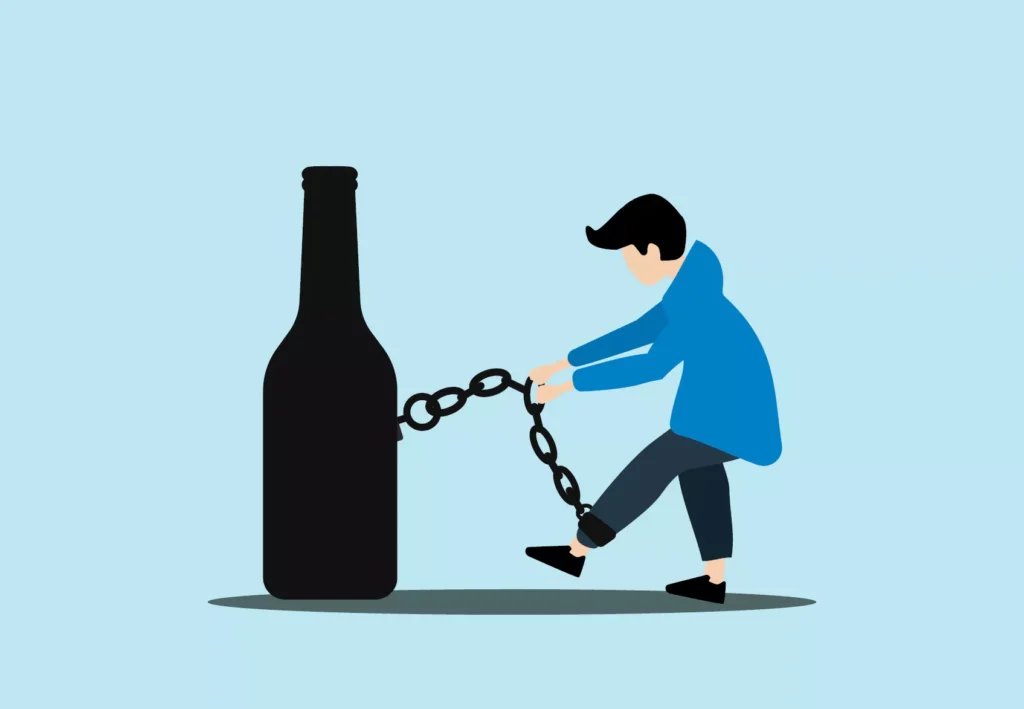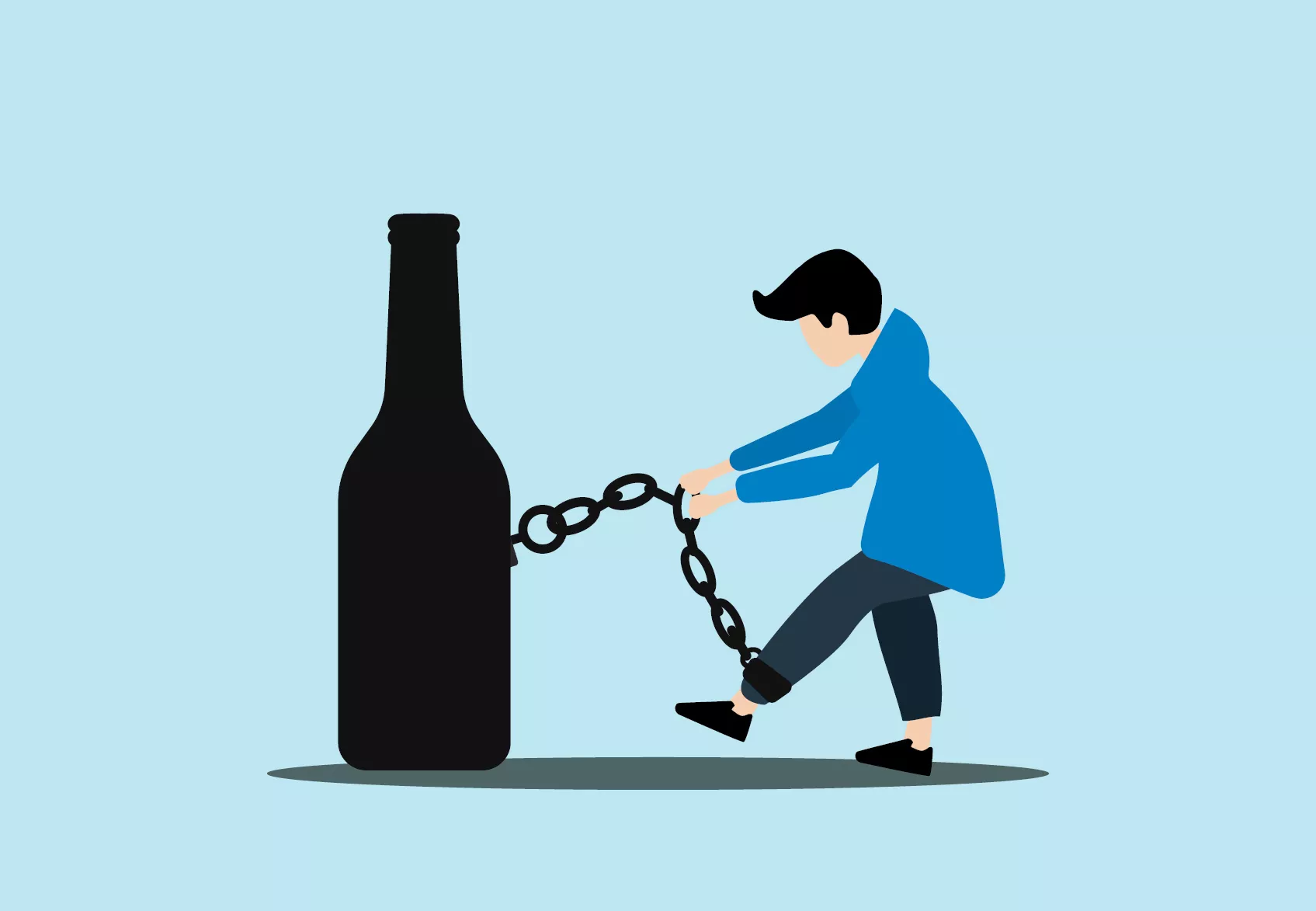
Alcohol addiction, also known as alcoholism or Alcohol Use Disorder (AUD), is a chronic disease that affects millions of people worldwide. It’s characterized by an inability to control drinking despite negative consequences on health, relationships, and daily life. Recognizing the signs and seeking help is the first step toward recovery.
1. What is Alcohol Addiction?
Alcohol addiction occurs when a person becomes physically and emotionally dependent on alcohol. It alters brain chemistry, making it difficult to stop drinking even when it’s harmful.
2. Causes of Alcohol Addiction
Several factors contribute to the development of alcohol addiction, including:
- Genetics: A family history of addiction can increase the risk.
- Environment: Stress, trauma, peer pressure, or exposure to alcohol abuse in one’s surroundings.
- Mental Health: Anxiety, depression, and other mental health disorders are often linked with alcohol abuse.
3. Signs and Symptoms
Some common signs of alcohol addiction include:
- Drinking alone or in secret.
- Craving alcohol and experiencing withdrawal symptoms when not drinking.
- Neglecting responsibilities at work, home, or school.
- Developing a tolerance, needing more alcohol to achieve the same effects.
- Continuing to drink despite negative effects on health and relationships.
4. Physical and Mental Health Effects
Excessive drinking can lead to severe physical and mental health issues, such as:
- Liver damage (cirrhosis, fatty liver).
- Heart disease and increased risk of stroke.
- Cognitive decline and memory problems.
- Depression and anxiety worsened by alcohol use.
- Increased risk of accidents and injuries due to impaired judgment.
5. How to Overcome Alcohol Addiction
Recovery is achievable with proper support and resources:
- Acknowledge the Problem: The first step is admitting that there is a problem and being willing to seek help.
- Seek Professional Help: A doctor or addiction specialist can provide an assessment and recommend treatment options.
- Detox and Rehabilitation: Medical detox helps safely manage withdrawal symptoms. Rehabilitation programs offer therapy, support groups, and coping strategies.
- Build a Support Network: Connecting with supportive friends, family, or groups like Alcoholics Anonymous (AA) can help maintain sobriety.
- Create Healthy Habits: Exercise, meditation, and developing new hobbies can help replace drinking and reduce cravings.
6. Long-Term Recovery and Maintenance
Recovery from alcohol addiction is a lifelong journey. Here are some tips to maintain sobriety:
- Stay connected to support groups.
- Identify and avoid triggers that may lead to relapse.
- Develop healthy coping strategies to deal with stress and emotions.
- Celebrate milestones and progress, no matter how small.
Final Thoughts
Alcohol addiction is a challenging condition, but recovery is within reach. Recognizing the signs, seeking help, and committing to a healthier lifestyle can lead to a fulfilling and sober life.
